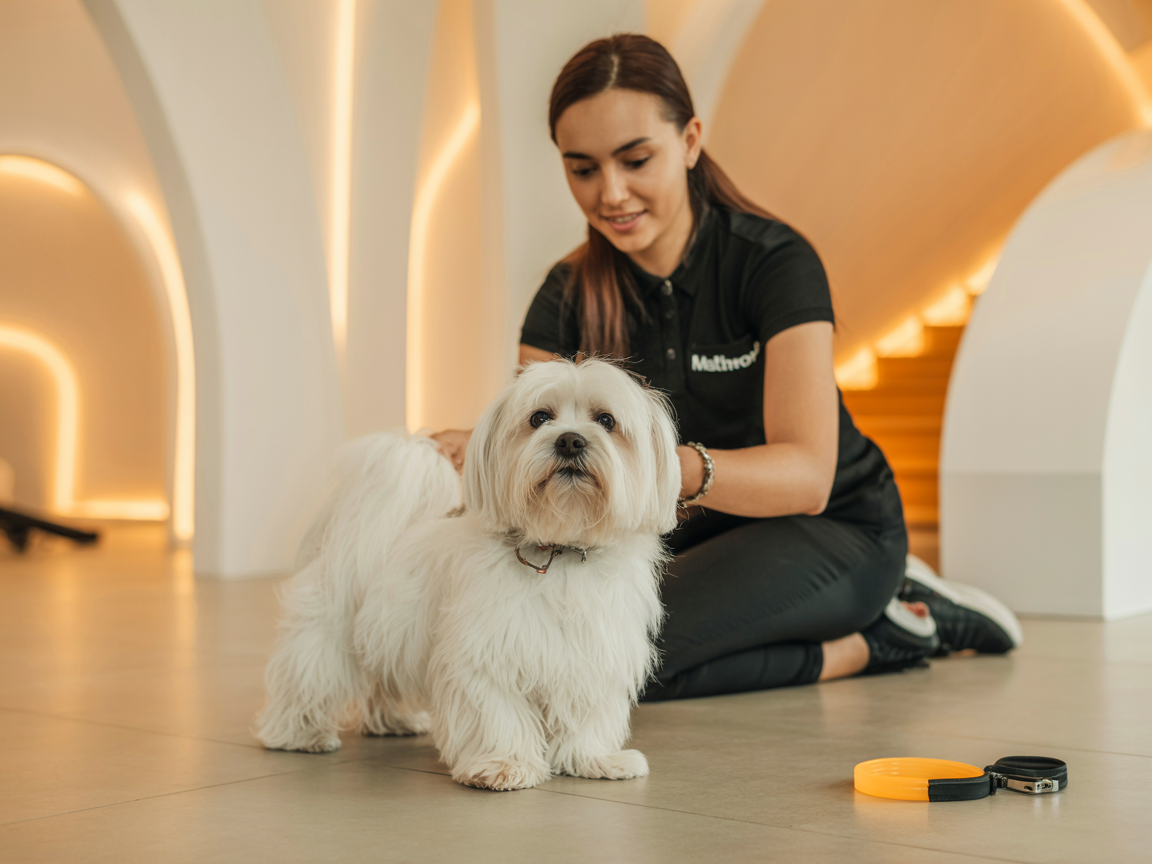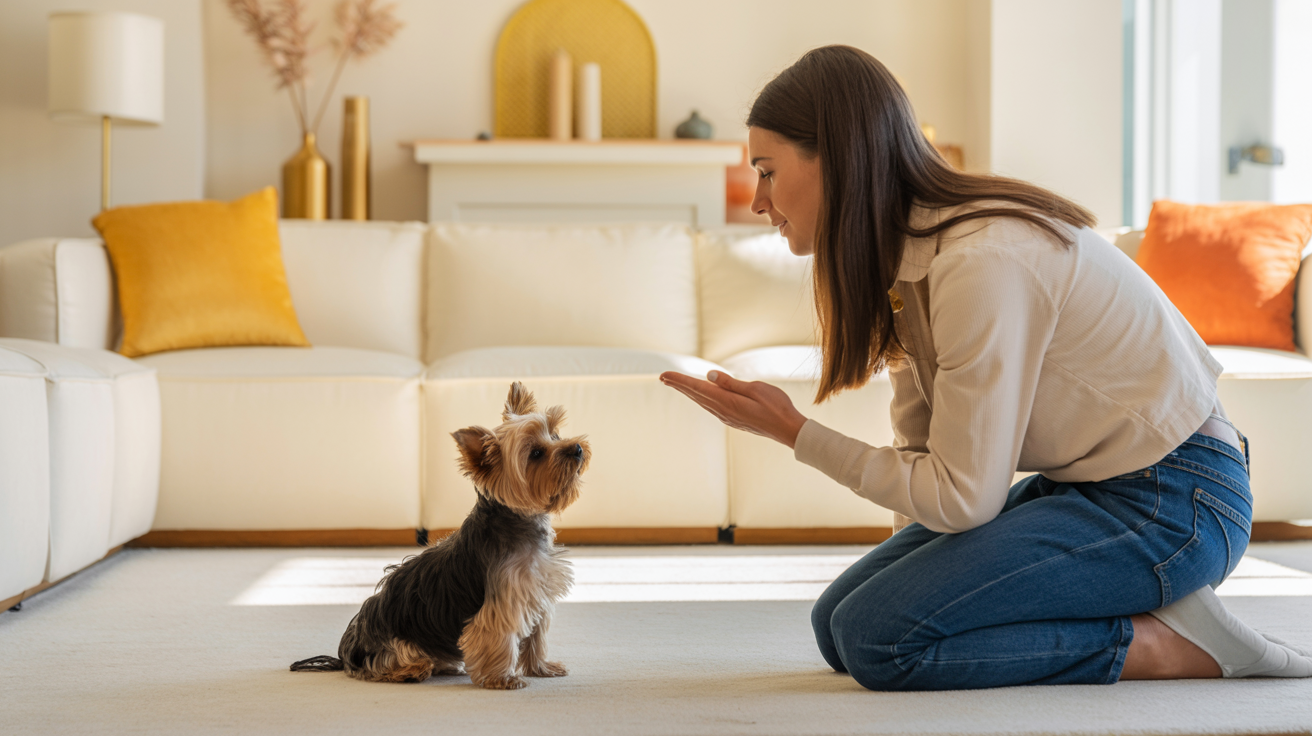
Maltese Training: Overcoming Small Dog Syndrome

Maltese Training: Overcoming Small Dog Syndrome
Maltese dogs are gentle, affectionate companions, but they can develop behavioral issues commonly known as "small dog syndrome" if not properly trained. Learn how to raise a well-behaved Maltese who knows their place in the family hierarchy.
Understanding Small Dog Syndrome
Small dog syndrome occurs when tiny dogs develop behavioral problems because they're treated differently due to their size. Common signs include:
Training Fundamentals for Maltese
Consistency is Key
All family members must use the same commands and rules. Mixed messages confuse your Maltese and slow training progress.
Positive Reinforcement
Maltese respond best to gentle, reward-based training methods:
Essential Commands for Maltese
1. "Sit" - The Foundation Command
2. "Stay" - Building Self Control
3. "Come" - Essential for Safety
Addressing Common Maltese Behavioral Issues
Excessive Barking
**Why it happens**: Alert nature, boredom, attention-seeking
**Solutions**:
Leash Training Challenges
**Why it happens**: Small size makes them feel vulnerable
**Solutions**:
Conclusion
With patience and consistency, Maltese dogs can become wonderful, well-behaved companions. Remember that their small size doesn't mean they need different rules - they need the same structure and boundaries as larger dogs, just delivered with gentle methods appropriate for their sensitive nature.
*Training should always be fun and positive. If you're struggling with serious behavioral issues, consider consulting a professional dog trainer experienced with toy breeds.*
Found This Helpful?
Join our community of toy dog lovers for more expert tips and advice!
Read More Articles